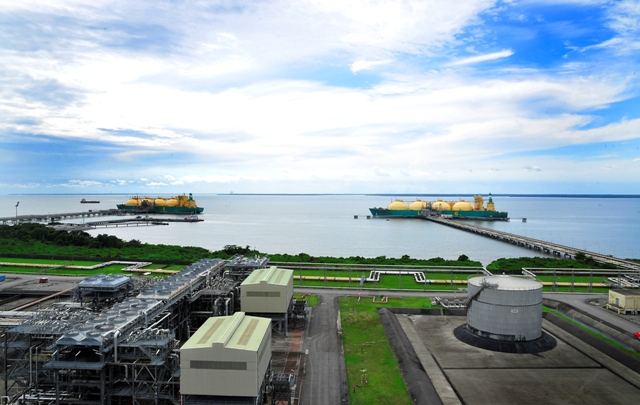Nigeria LNG, Africa’s biggest LNG exporter, has clarified that its terminal on Bonny Island in the Niger Delta is still operating despite a force majeure issued by the company earlier this week.
“The company’s plant is in operation though at limited capacity due to reduced gas supply from some of its upstream suppliers,” Nigeria LNG has declared today.
The declaration of force majeure by NLNG had raised several concerns on gas supplies in and out of Nigeria. The company is Africa’s largest LNG exporter and the gas it exports represents on average 10% of Nigeria’s export revenues. It is also the biggest domestic supplier of cooking gas, a commodity that already suffers from soaring inflation.
The company had earlier revealed that all its upstream gas suppliers had declared force majeure following their inability to produce gas due to ravaging floods that have already displaced millions in the Niger Delta. The shut-in of gas production has caused significant disruption of gas supply to Nigeria LNG, forcing the LNG exporter to operated at limited capacity.
Nigeria LNG operates six LNG trains on Bonny Island with a capacity of 22.5 million tonnes per annum (mtpa). Most of Nigeria’s LNG is exported to Europe and Asia, with key European markets such as France, Spain, and Portugal amongst its largest buyers.


